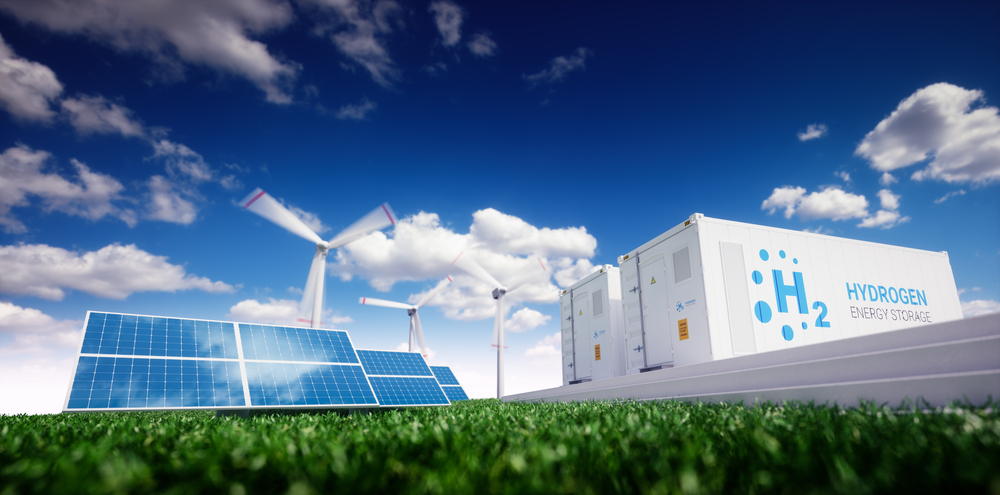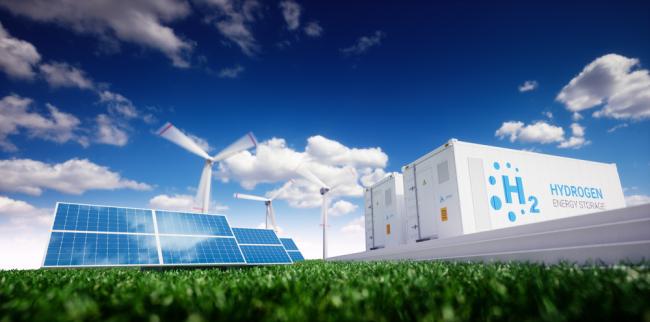Decarbonizing EU’s Economies: A Hydrogen Strategy for the Green Deal

Practical information
Themes and regions
Related centers and programs
EU’s carbon neutrality objective requires to decarbonize all sectors and notably, all gases. Decarbonized hydrogen has now been recognized as a critical element of a carbon neutral economy and energy system. The EU should aim for global leadership in this field while Japan, California or China already showcase strong developments.

This Ifri Energy Breakfast Roundtable will debate EU's hydrogen strategy for the Green Deal and the multiple role hydrogen should play: What end-uses notably in industry, residential or transport will be needed, where and when? What are the supply and infrastructure side implications and realistic options in the EU and beyond? What segments of the value chain are critical? How to do the scale up to ensure the lowest costs and a coordinated supply, demand and regional planning approach? How best to plan for the smart interplay with the electricity and gas sectors? What needs to be done at EU, Member state, industry and regional levels?
Speakers:
- Cédric Philibert, Senior Associate Fellow, Center for Energy & Climate, Ifri
- François-Xavier Olivieri, Executive Vice President, Hydrogen Business Unit, Engie
- Kilian Crone, Senior Expert, Mobility, Alternative Fuels, German Energy Agency (dena)
- Pierre-Etienne Franc, Vice President, Hydrogen Energy, Air Liquide / Hydrogen Council Secretary
- Diana Warnecke, Senior Manager Energy and Climate Policy, BASF Group
- Christian Weinberger, Senior Advisor - Advanced Industrial Technologies - Hydrogen Coordinator at the European Commission - DG Grow
Moderator: Marc-Antoine Eyl-Mazzega, Director, Center for Energy & Climate, Ifri
Live Stream Conference - The day before the debate, registered individuals will receive a link to join the session
Find out more
Perspectives on a Hydrogen Strategy for the European Union
There is now a wide understanding that larger use of clean hydrogen in future can be an important mean to achieve decarbonisation of the European economy.
Related Subjects
Other events

EV Supply Chains for Japan and Europe: Strengthening Economic Security
Economic security aims to ensure the resilience of supply chains for key industries: the case of electric vehicle production in Japan and Europe will be discussed.

From Ambition to Action: Exploring Technological Partnerships with India
The 16th EU-India Summit, held on January 27th in New Delhi with European leaders António Costa, Ursula von der Leyen, and Prime Minister Narendra Modi, marks a significant milestone in deepening EU-India relations. At the same time, official bilateral visits from EU member states are on the rise, including that of the French President, who visited India in February to participate in the Artificial Intelligence Summit. As India asserts its technological ambitions and seeks to reduce its dependence on China, Europe is stepping up its efforts to diversify its strategic partnerships.







